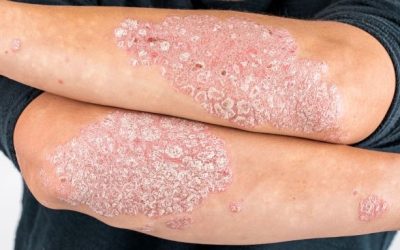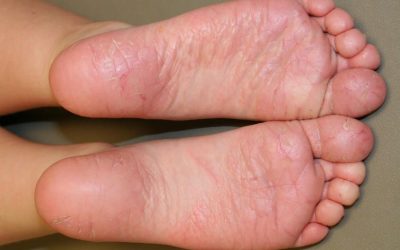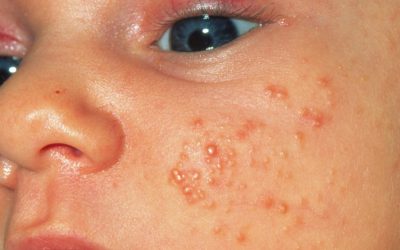Epidermoid Cysts: Causes, Symptoms, and Treatment Options
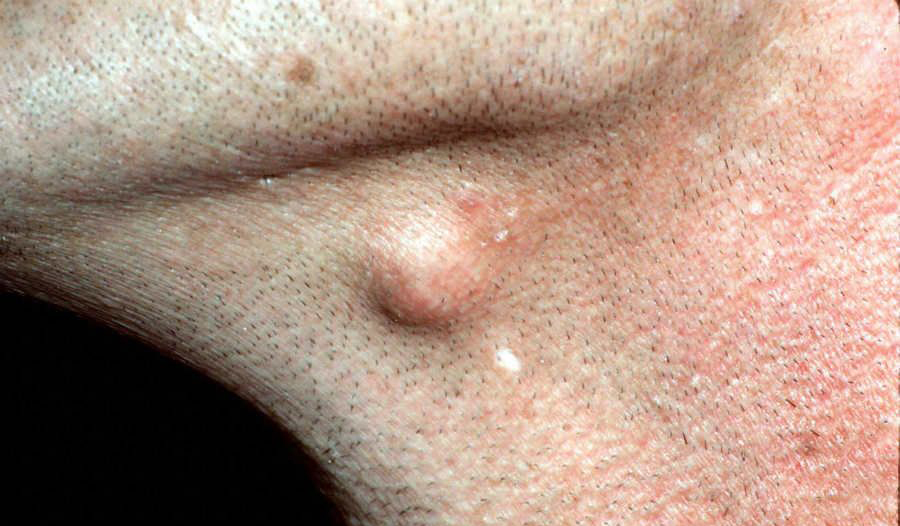
- Epidermoid cysts are more common in adults, twice as often in men than in women
- It is more common in young or middle-aged people
- Certain genetic disorders can lead to the formation of multiple cysts (Gardner, basal cell nevi syndromes)
- The main reason for the formation of epidermoid cysts is the closure of the unit of the hair and sebaceous gland
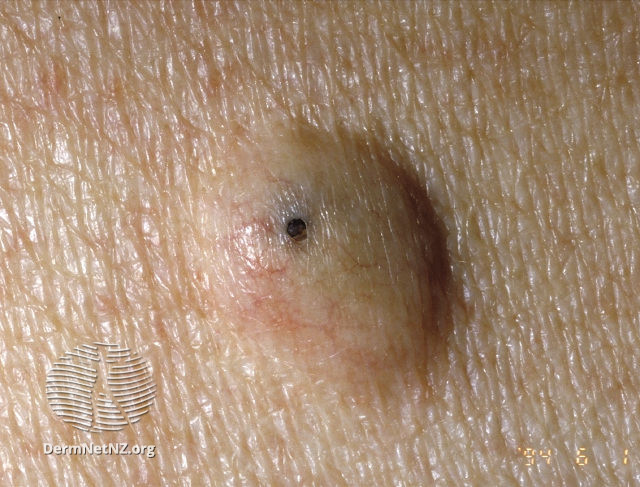
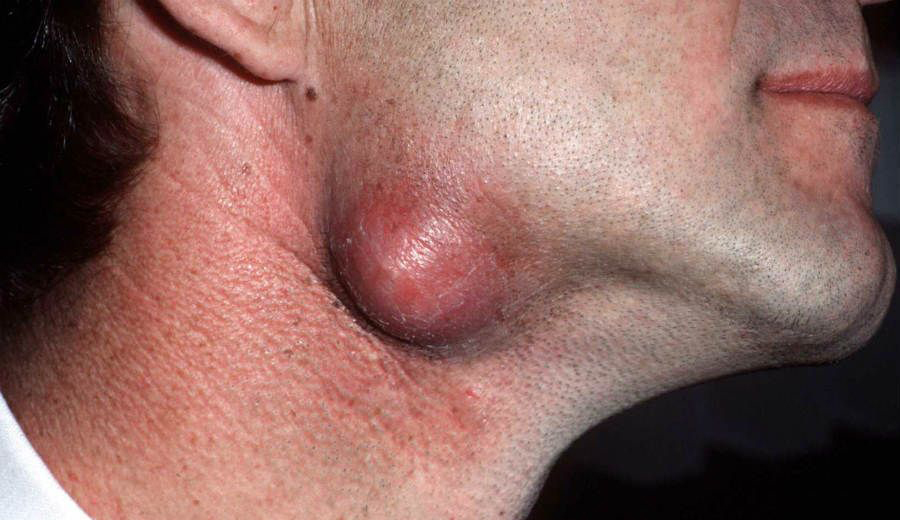
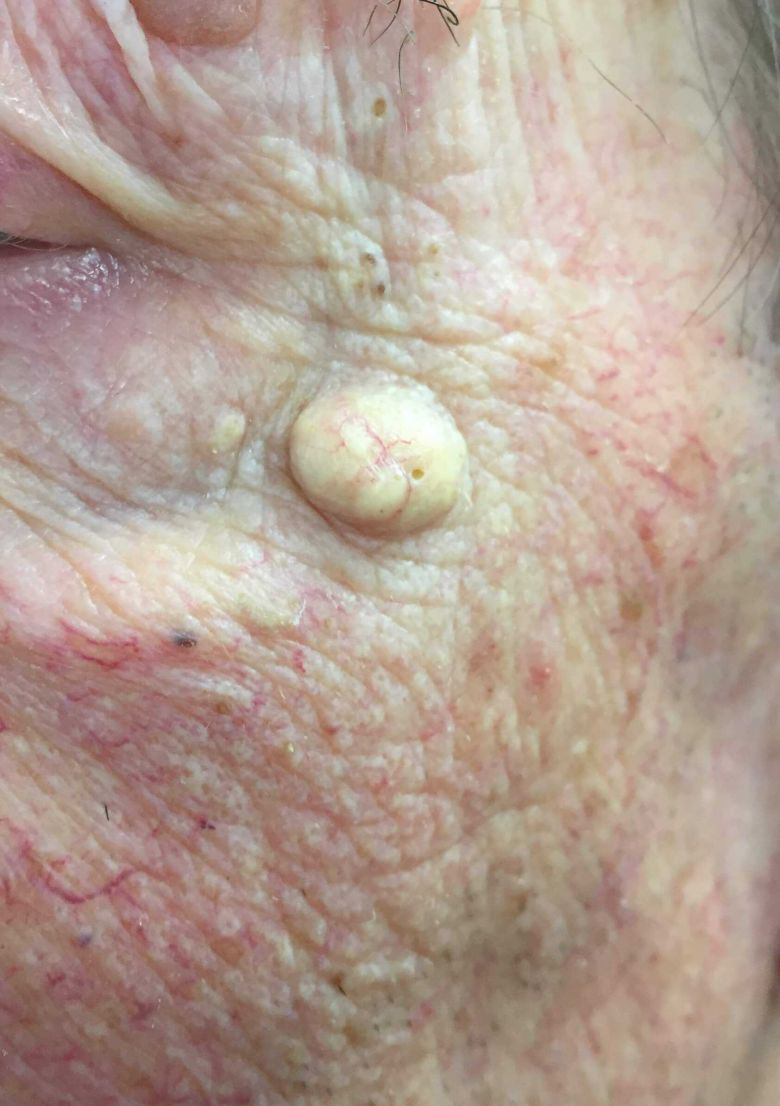
An epidermoid cyst is characterized by:
- a firm, flesh-colored or yellowish round papule (palpable bump on the skin) or nodule that is attached to the surface of the skin but usually moves in deeper layers
- diameter 1-3 cm
- the central point is visible
- inside the cyst, there is an accumulation of secretions with an unpleasant smell and a creamy consistency
- localization: more often in the central part of the body (chest, shoulders) and on the face, but can appear anywhere. Occurs in the vulva and scrotum
The patient’s examination and survey data are usually sufficient to establish the diagnosis. In rare cases, a skin biopsy or ultrasound examination of the skin mass may be performed.
Treatment
Most small, uncomplicated cysts do not require treatment.
In other cases, the main method of treatment is complete surgical removal of the formation. In this way, the chance of cyst formation again is reduced. An examination of the removed formation is also required in order to rule out a possibly started malignant process.
If the cyst is infected, antibiotic treatment is prescribed first, then the cyst contents are removed.
Prognosis
Epidermoid cysts are usually benign, slow growing and often resolve spontaneously. However, in rare cases, malignancy of the cyst may also occur.


Psoriasis
A common, chronic, inflammatory, recurring skin disease that affects 2-3% of the population. Psoriasis can start at any age, and is most often found in adults.
Juvenile plantar dermatosis
a disease characterized by localized damage to the feet. JPD usually occurs in children between the ages of 3 and 14 who are prone to atopy or have atopic dermatitis
Skin Conditions in Newborns: Causes, Symptoms, and Care Tips
Skin conditions like rashes, eczema, and cradle cap are common in newborns. Proper skin care is essential for managing and preventing these issues. Learn how to care for your baby’s delicate skin and address common skin conditions effectively.



